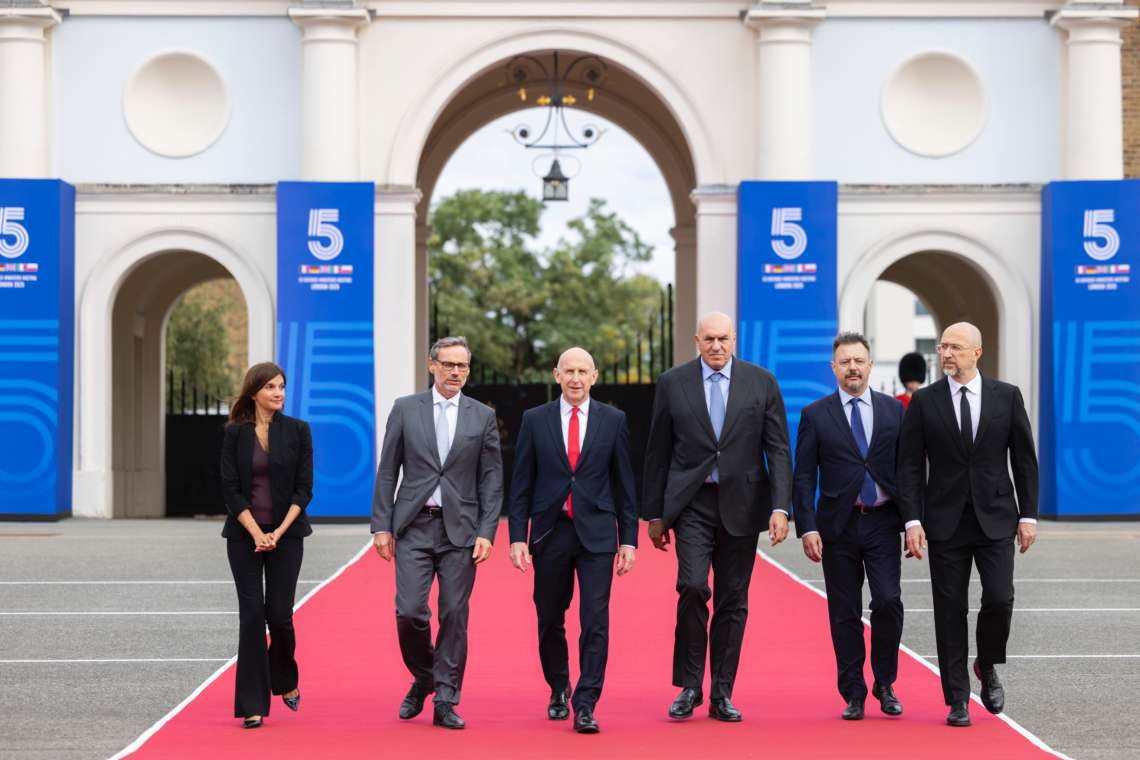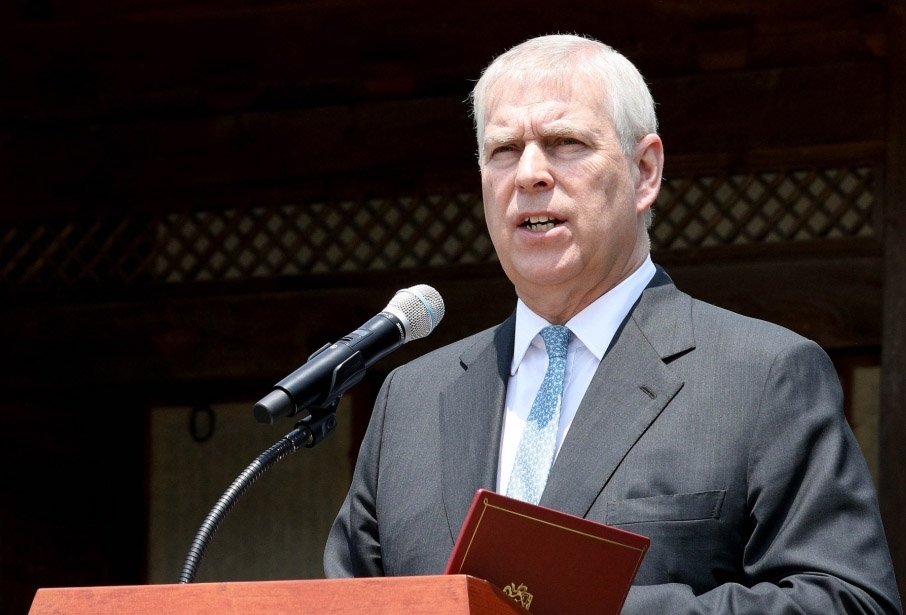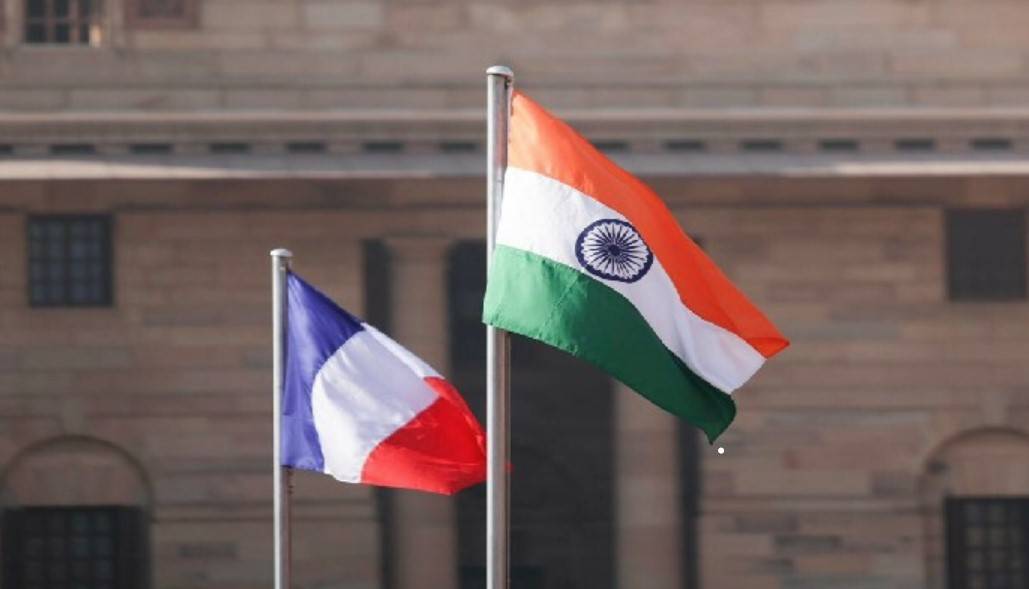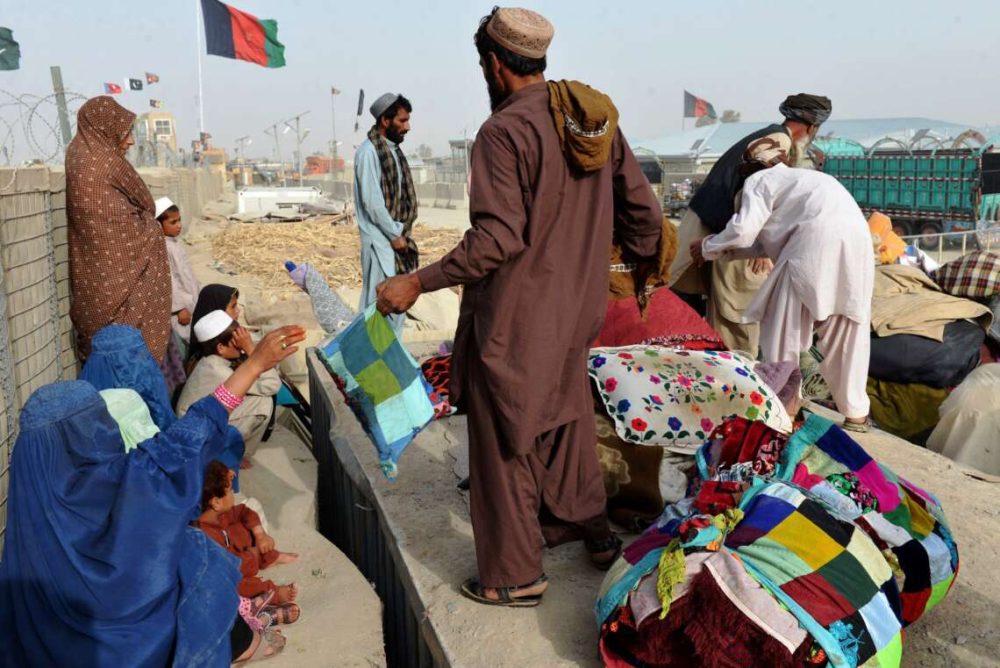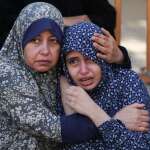Landmark UK-Ukraine defence pact unveiled amid Polish airspace breach and rising fears of war spillover…reports Asian Lite News
Britain will begin mass production of advanced interceptor drones to bolster Ukraine’s defence against Russia’s aerial onslaught, in a move described by Prime Minister Sir Keir Starmer as “a landmark moment” in the West’s support for Kyiv.
The drones, developed in Ukraine with technical input from British scientists, are designed to neutralise the Iranian-made Shahed one-way attack aircraft that Moscow continues to fire at Ukrainian cities. The Ministry of Defence (MoD) said the system has already proved effective in combat trials and is far cheaper to produce than conventional air-defence missiles.
The announcement came as tensions across eastern Europe escalated after suspected Russian drones violated Polish airspace during overnight strikes on Ukraine. Polish and NATO forces shot them down, marking the first time a NATO country is known to have taken direct military action since the outbreak of the war in February 2022. The incident has sparked fears of the conflict spilling over into neighbouring states.
Defence Secretary John Healey is expected to reveal further details of the UK-Ukraine drone project at a major defence trade show in London today. The initiative is the first to emerge under a new technology-sharing agreement signed between London and Kyiv earlier this year.
“This deal is a first of its kind, giving UK industry unprecedented access to the latest equipment designs, supporting Ukraine in its fight to defend against Putin’s illegal invasion and showing how defence can be an engine for growth as we deliver on our Plan for Change,” Healey said.

The project was first flagged in July, when Starmer and President Volodymyr Zelenskyy announced a wide-ranging industrial partnership. Last week, Healey travelled to Kyiv to sign an expansion of the deal, enabling joint development of defence technologies and sharing of intellectual property. Officials believe it will provide a template for long-term co-operation between British and Ukrainian defence industries.
Starmer said the agreement demonstrates Britain’s willingness to match rhetoric with action. “Our message is clear: we will step up, not step back. Together with our allies we will ensure Ukraine has what it needs to prevail,” he said.
The backdrop to the announcement was a dramatic escalation in Poland. Warsaw reported that 19 aerial objects, many believed to have been launched from Belarus, crossed its border on Tuesday night during a wave of Russian attacks on western Ukraine. Some were destroyed by Polish and NATO air-defence units.
Polish Prime Minister Donald Tusk described the incident as “the closest we have been to open conflict since World War Two”. While insisting there was “no reason to believe we are on the brink of war”, Tusk confirmed that Poland has asked NATO to invoke Article 4 of its founding treaty. The provision allows members to hold emergency consultations when they feel their security is under threat. Article 4 has been triggered seven times before; Article 5, the collective defence clause, has only been invoked once, following the 9/11 attacks on the United States.
Healey held urgent talks on Wednesday with his Polish counterpart, alongside defence ministers from Italy, France and Germany. He condemned what he called Russia’s “reckless” behaviour and asked the UK armed forces to explore options to reinforce NATO’s air defences over Poland.
Britain has also offered to help strengthen Poland’s own defence systems. “An attack on one NATO member’s sovereignty is an attack on all,” Healey said. “We are united in our resolve to protect our allies and partners.”
Russia has denied its drones entered Polish territory. The Kremlin claimed its forces had carried out “a major strike” on targets in western Ukraine, but insisted no attack was planned on Poland.
Kremlin spokesperson Dmitry Peskov dismissed western outrage. “The EU and NATO accuse Russia of provocations on a daily basis, most of the time without even trying to present at least some kind of argument,” he told reporters in Moscow.
Nevertheless, the European Union has warned that the conflict is intensifying. Kaja Kallas, the EU’s top diplomat, said Russia’s actions risk drawing Europe closer to a wider confrontation. “Russia’s war is escalating. We must raise the cost on Moscow and invest more in our collective defence,” she said.
The development of cost-effective interceptor drones could be a crucial factor in Ukraine’s resilience. While Western allies have supplied Kyiv with sophisticated air-defence systems, these are expensive and limited in number. Ukrainian officials argue that mass-produced drones capable of shooting down Shaheds will provide a more sustainable shield for cities under constant bombardment.
Analysts also say the collaboration marks a turning point in Britain’s support for Ukraine. By shifting from the donation of existing stockpiles to joint production, the UK is signalling a longer-term commitment. It also offers potential economic benefits, with British defence firms gaining access to battlefield-tested designs.
For NATO, however, the immediate concern is the growing risk of the war spilling into allied territory. The Polish airspace breach is the most serious incident yet in two and a half years of conflict, raising questions about how far Moscow is willing to test the alliance’s red lines.
As leaders in London, Warsaw and Brussels weigh their next steps, the drone partnership between Britain and Ukraine stands as both a symbol of solidarity and a warning that Europe’s security crisis is deepening.


